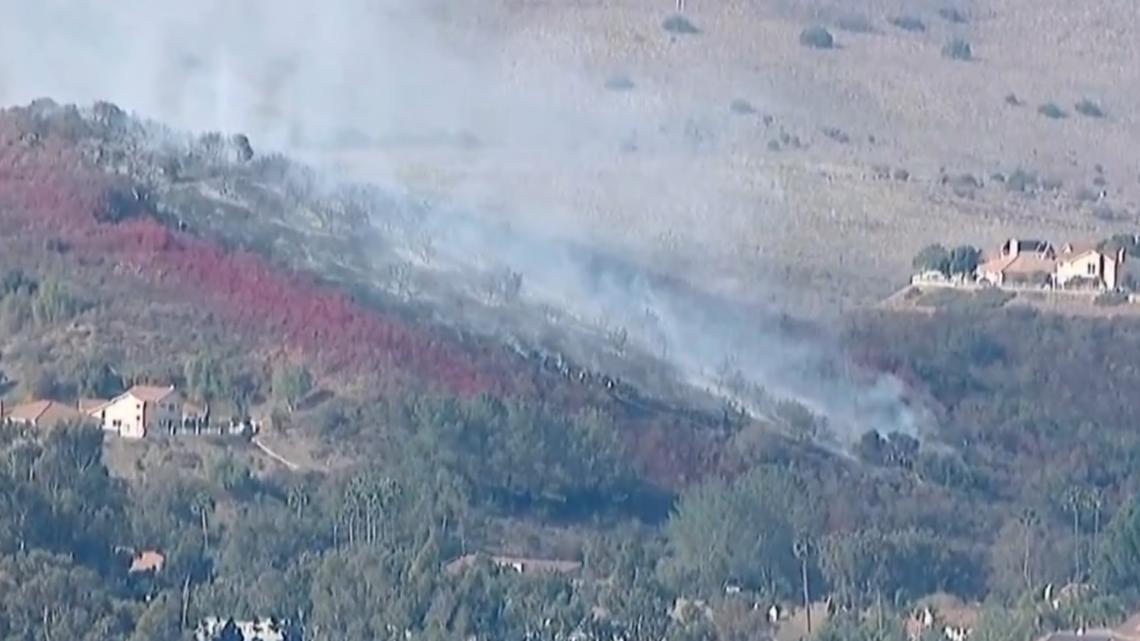An item in The Jewish Chronicle of London, dated September 26, 1902, specifically detailed “the loading on a ship of a Sefer Torah and a shofar, in addition to several large barrels of apples and small containers of honey.”
According to the date this article appeared, it is clear why these items were needed by Jewish passengers soon sailing for South Africa. The article concluded, “The immigrants will be on the high seas during the ensuing holidays.”
Over the years, apples and honey have been a treat enjoyed on Rosh Hashanah. A major source for this custom is found in the biblical book Nehemiah 8:10. Jewish cooking and baking expert Hana Goodman pointed out in her article on the “Culinary Art of Rosh Hashanah” (Rosh Hashanah Anthology) that after Ezra the scribe had read the “law” to the people on the first day of Tishrei, they began to weep. Then Nehemiah said, “Go your way, eat the fat, and drink the sweet… for this day is holy to the Lord.”
Using this verse as a prooftext, Rabbi Jacob Molin (The Maharil, 1360-1427) emphasized that the custom of eating an apple dipped in honey is rooted in the Nehemiah source. Molin created the following formula to be recited after the apple is dipped in honey, which we continue to use: “May it be Your will to renew unto us a good and sweet year.”
A broader history of apples and honey
IN 2007, a New Yorker took this custom to the extreme. The man was arrested atop the Empire State Building as he poured honey down the side of the city’s landmark. Supposedly, he told the police, “There is the Jewish custom of celebrating the New Year by dipping apples in honey. What better way to bring in Rosh Hashanah than by covering the Big Apple in honey?”
A college student at Cornell University, Rachel Mattes, put her thoughts on this holiday treat in the student newspaper. “The apple, a fruit of autumn and consequently readily available during the holiday, serves as a symbol of the season.” Honey, for the writer, gives us a boost in the hope of a sweet year to come.
Mattes noted that “an apple dipped in honey is a delicious crunchy sweet to begin the holiday meal.” This follows in the wake of what Babylonian sage Abaye taught in the Talmud: “Since an omen is significant, at the beginning of the New Year each person should accustom himself to eat that which symbolizes sweetness.”
Today, Jews around the world eat the various symbolic foods such as dates, leeks, pomegranates, beets, squash, carrots, black-eyed peas, and fish heads during the Rosh Hashanah celebration at home.
IN 2005, Cpt. Howard Perl was serving with the US Third Infantry Division in Iraq. He recalled his Rosh Hashanah experience that year.
“On Monday afternoon, I took a helicopter flight with a Jewish sergeant from Camp Taji to Baghdad, a 10-minute ride. We were met by chaplain Schranz of the US Navy.” Then Perl described what had been prepared for Rosh Hashanah. “At the site used for the services, one congregant had made an ark for the Torah. We had candles, Kiddush cups, wines, machzors, challah, apples, and honey.
“What more could we American Jewish soldiers ask for?”
The evening services went well, and then he continued. “In the morning, the chaplain gave out aliyot. I had one. I was very proud that my father’s name was mentioned in an aliyah in Baghdad, Iraq, for Rosh Hashanah.
“After a wonderful lunch with round challahs dipped in honey, specially made by Filipino bakers, we went straight out for tashlich, since the chapel was right on the river.”
Lily Arouch, in her memoir of her youth in Salonika, Greece, in the 1930s, described what was done in her family. “We always said, ‘Let the New Year be as sweet as honey.’ Then, as we ate a traditional Sephardi treat, ‘apple sweet,’ our wish was that the New Year be both sweet and pleasant.”
A noted rabbi, Samuel Dresner, for whom I served as assistant, once wrote: “Honey comes from the bee which stings, but at the same time it is able to produce a sweet food that can add a delicious flavor to other items.”
Dresner then pointed to the real essence of this sweetness. “We use honey because it represents the power of Rosh Hashanah. When we begin a fresh new year, the past is not always so sweet. Sometimes, we may have stung and hurt those close to us.
“But on Rosh Hashanah, we turn it all around. The honey we eat on the holiday reminds us that we are not perfect but that with a little effort, we can achieve sweetness.”
A writer visiting the Golan Heights wanted to help her readers recognize what there is to see in the northern part of Israel. Today that is impossible, sadly…
In doing so, she provided a fascinating observation on the apples we use on Rosh Hashanah. During the tour, she took her family to see the Beresheet Apple Packing plant in the Golan, the largest in Israel, and penned these thoughts:
“You go to the supermarket and put a bag of apples in your shopping cart. You have absolutely no idea what the apple has gone through to get to your cart.”
Then she leaves us with a beautiful apples-people parallel evaluation most appropriate for Rosh Hashanah. “They clean the apples by the ton; they sort them; they measure them; they put them through quality control; they sort them again and again and again – a fascinating process.”
Let us try to make sure that during the holidays, symbolically, we purify our inner being so we are ready for the New Year.
May the delightful apple and honey combo inspire us, first to seek God’s forgiveness, and then to make sure that during the New Year we transform the sweetness granted us into the beauty of life in the days ahead.
How we need it – the unbelievable experiences of the past 12 months with hostages being captured, some kept imprisoned for a year (as we head to print). We have heard the news about some being killed; our soldiers – women and men – dying as they fight this bloody war.
On Oct. 7, 2023, many Israelis were murdered. Each of us must do all we can to bring this horrendous war to an end in Gaza and Lebanon, and, most importantly, bring the hostages home. “If not now, when?”




















